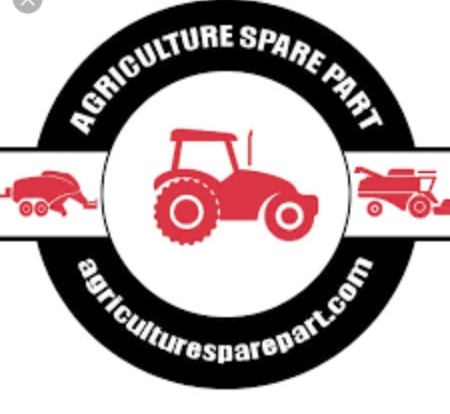
A course on Farm Implements and Machineries typically provides a comprehensive overview of the tools, equipment, and technology used in modern agriculture. It covers the principles of operation, maintenance, and selection of machinery to improve efficiency and productivity.
Course Components
The course content often includes a blend of theoretical knowledge and practical skills. Here's a breakdown of the typical topics:
-
Introduction to Farm Mechanization: The course begins with the fundamentals, explaining the importance of farm mechanization for increasing production, saving labor, and reducing drudgery.
-
Farm Power Sources: It covers various power sources used in farming, with a strong focus on tractors. Students learn about the internal combustion engine, transmission systems, and how to operate and troubleshoot common tractor issues.
-
Tillage Equipment: A significant portion is dedicated to implements used for soil preparation. This includes:
-
Primary Tillage: Discusses implements like moldboard plows, disc plows, and chisel plows.
-
Secondary Tillage: Covers harrows and cultivators used for breaking down soil clumps and creating a fine seedbed.
-
-
Planting and Sowing Machinery: This section focuses on equipment for placing seeds and fertilizers, such as seed drills, planters, and fertilizer spreaders. It also includes the crucial skill of calibration, which ensures the correct seed and fertilizer rates are applied.
-
Crop Protection and Harvesting: Students learn about equipment for plant protection (sprayers and dusters) and harvesting (reapers, threshers, and combine harvesters).
-
Maintenance and Management: The course emphasizes the importance of proper maintenance, repair, and management of farm machinery. This includes cost analysis, selecting the right machinery for specific crops and conditions, and safety protocols.
- Teacher: felix ekeno